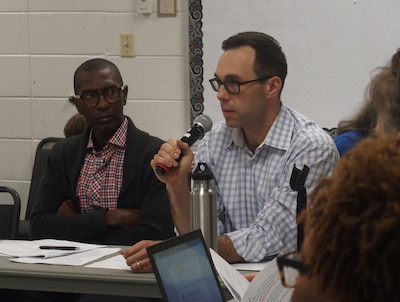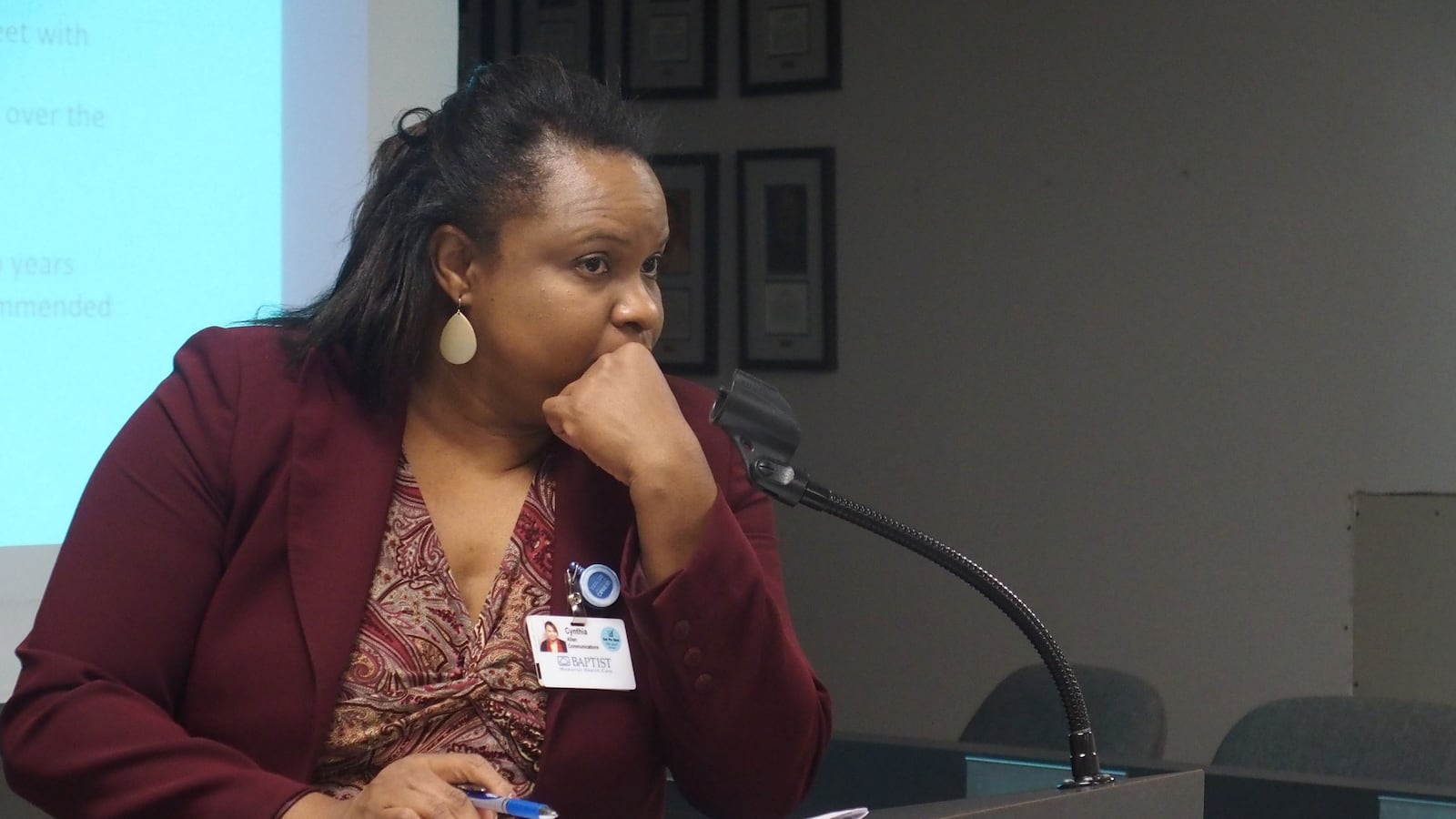Six months after state officials called out Shelby County Schools for its hastened closure of three charter schools in Memphis, the district is moving toward new guidelines that would significantly slow the process.
Last spring, it took only weeks for the struggling schools to be shuttered after Superintendent Dorsey Hopson asked the school board to revoke their charters amid a district budget crisis.
Under the proposed new guidelines, the same decision would take three years — and would be based on clearly defined criteria.
The recommended change, to be considered later this month by the school board, is designed to bring clarity to a fuzzy process for revoking charters in a district that is growing its charter sector every year. It would build in new steps that include notifications and time for operators to make improvements.
The proposal reflects an effort by Tennessee’s largest charter authorizer to respond to state and local cries for clearer rules to guide its oversight of charter schools. It also represents a major concession by district leaders, even as they stand to score a significant win under a separate proposal recommending that charter operators pay the district an annual fee to fund their oversight.
Ultimately, revamping the revocation process would eliminate the surprise factor that some charter leaders say they experienced last spring when six low-performing schools were recommended for closure without significant notice. The State Board of Education later upheld the local board’s vote to revoke three charters — but not before rapping the district’s process for authorizing charters without a contract, as well its expedited decision to revoke the charters in the middle of budget season.
The proposed guidelines are the result of ongoing negotiations between district and charter leaders on the new Charter Advisory Committee. The group has been meeting since July in an effort to develop policies that give the district sufficient oversight authority while giving schools the autonomy to operate and innovate based on Tennessee’s charter school law.

The committee voted unanimously in October to recommend the proposed revocation process that was developed under the leadership of state Rep. Raumesh Akbari and Brad Leon, the district’s chief of strategy and innovation. It would be grounded in academic criteria based on a charter school report card being crafted by the district, as well as an “operations scorecard” highlighting the charter’s performance on finances, student discipline, and federal and state compliance, among other criteria.
Here’s a breakdown of the proposed revocation process:
- Charter schools that do not meet minimum expectations under the two assessments would be notified by the district.
- Within a month, the school’s leadership would meet with Shelby County Schools and present an action plan to address the low performance.
- The district may check in as the action plan is implemented, but would give full autonomy to the charter school, meaning the district wouldn’t give an opinion on the plan’s quality or likelihood of success.
- If the charter school does not meet expectations for a second consecutive school year, the district will notify charter leaders again.
- A second action plan would be drawn up.
- If the charter school does not meet expectations for a third consecutive school year, the district’s administration would recommend revocation to the school board.
While the revocation timeline calls for years instead of weeks, some charter leaders said it’s still too short to adequately address problems, especially given this year’s delays in receiving results from Tennessee’s new standardized test.
“I think we all agree that students shouldn’t be in a school that’s failing year after year,” said Brittany Monda, interim executive director of Memphis College Prep. “But when you’re notified, it’s really just two years of consecutive data.”
Conversely, Leon argued that charter leaders should have a pulse on student performance even before the data is released.
“I think it’s more unfair that you’ve exposed children to a fourth year simply because of the timing of test score data,” Leon said.
The school board is scheduled to review the proposal during its Nov. 29 work session and vote on it on Dec. 6.

